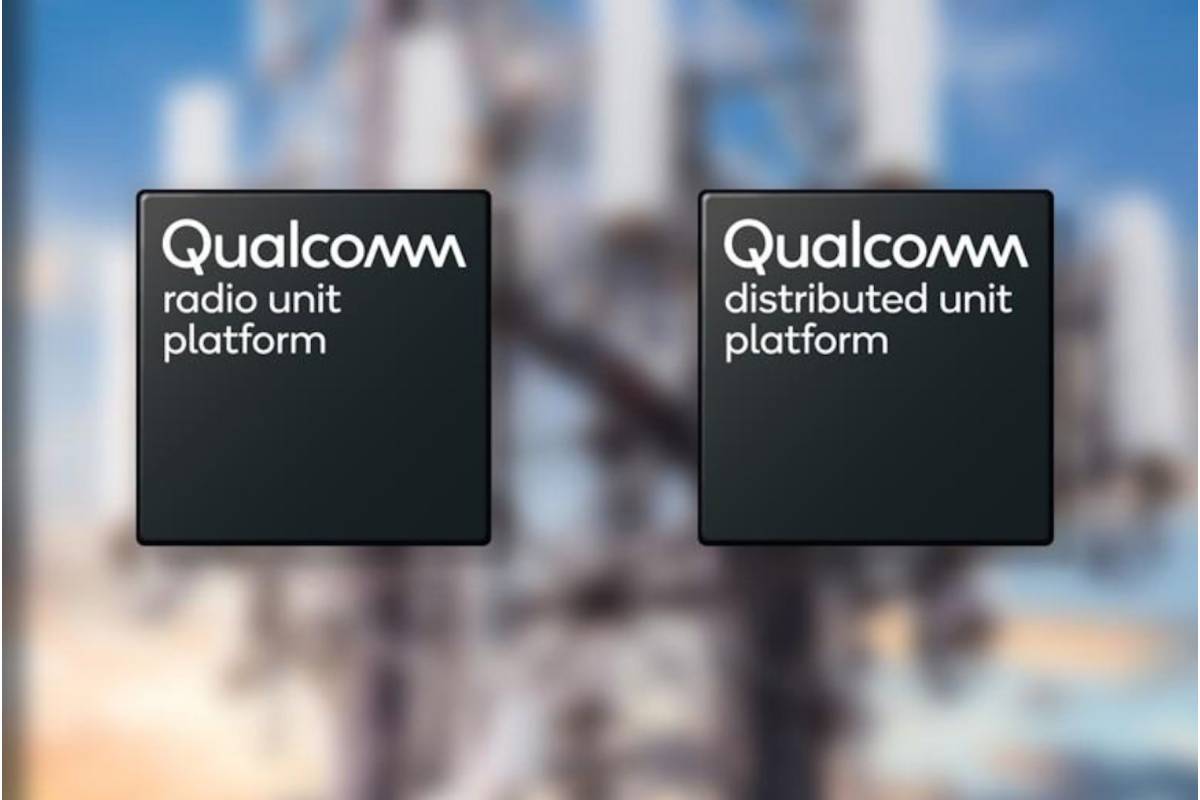Vodafone and Qualcomm Technologies, Inc., a well-known silicon chipset maker for smartphones and other products, announced their collective plans to join forces in a bid to develop the technical blueprint required for more equipment suppliers so as to build 5G networks of the future vis ORAN (Open Radio Access Network) tech. This move aims to lower the barrier for entering this tech sector for any companies so as to drive diversification within network equipment vendors.
What Is The Aim For This Collaboration?
This collaboration, in particular, is built so that the reference designs can be designed to support established as well as emerging network infrastructure vendors to develop high-performance, modular, virtualised and interoperable 5G networks at scale, with the aim to make infra more competitive. There is a greater benefit for customers too since Vodafone, and other telcos will be able to mix and match their hardware and software from multiple choices so as to extend their 5G networks better and get access to networks in geographical areas that require them the most. As of today, where two or more suppliers are being used, each is deployed in a cluster and at points where they meet are often most challenging when it comes to overall performance. The reference design will see a combination of Vodafone’s engineering expertise when it comes to building high capacity, large-scale networks with Qualcomm’s leadership in developing both high performance and low power ASIC solutions. This combination is aimed at ensuring Open RAN’s ease of use in 5G networks and the capability of supporting bandwidth-hungry applications such as VR and AR devices, even in urban areas. The reference designs, which are powered by Qualcomm® Radio Unit Platform complete with Massive MIMO capabilities and Qualcomm® Distributed Unit Platform, are expected to be published later this year, with trials of the same expected to commence in the second half of 2022, post detailed software development. Massive MIMO, which is a type of smart antenna, is a technique capable of giving more customers a rather faster and reliable mobile connection via a single mast. Vodafone is also working on smart antenna network configurations of up to 64T64R (64 antennas meant to transmit and 64 meant to receive between the base station and the user’s device) in a bid to ensure that there is ample capacity to connect multiple users at any point of the day.
